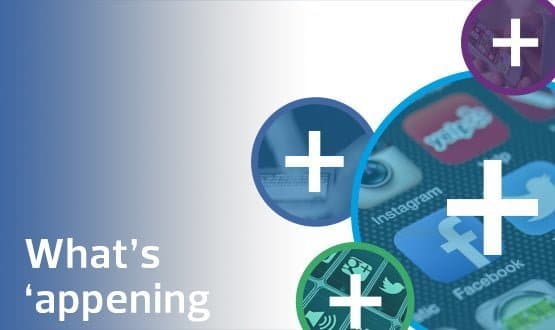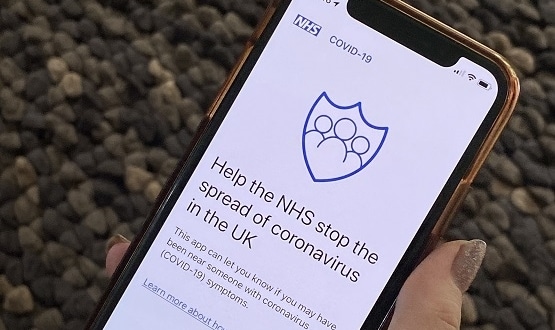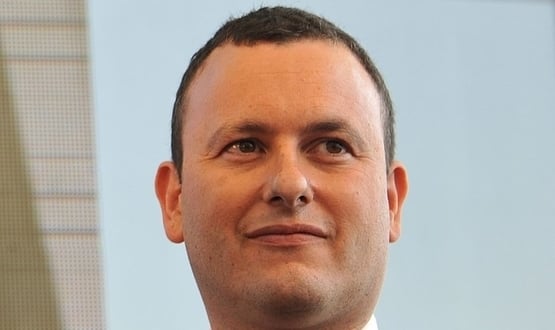Mobile health apps news in brief
- 25 September 2020

This month’s mobile apps round up features the news (you guessed it) that the NHS Covid-19 app has officially launched in England and Wales, and that NHS Sandwell and West Birmingham CCG renewed a contract to provide a symptom checker app.
Contact-tracing app is finally here
The much-anticipated NHS Covid-19 contact-tracing app has launched in England and Wales.
Based on APIs from Apple and Google, the app uses Bluetooth technology to track time and distance between smartphone devices.
It also offers a QR code check-in capability at bars, restaurants and other venues, designed to aid NHS Test and Trace in contacting customers with public health advice should there be a Covid-19 outbreak.
Users will also be able to check their symptoms and book a free test through the app, which also includes an isolation countdown timer to remind people to quarantine.
As at yet we haven’t seen any data on how successful the recent trials in the Isle of Wight and London borough of Newham were, but managing director of the app Simon Thompson said they were “very encouraging”.
The total cost of the app is expected to top £35 million. Some £25 million is expected to be spent this financial year on the new app, while a further £10 million was spent developing the original operating model that was abandoned in June.
How contact-tracing apps differ in the UK
Northern Ireland, Scotland, England and Wales all now have contact-tracing apps – but how do they all differ?
The last few months have seen both Northern Ireland and Scotland work with software developers, NearForm, and launch their own individual contact-tracing apps. Digital Health News spoke to NearForm about the technology and how it works.
“One of the key differences between what we offer and what Google offers is we offer a far more customised app solution,” NearForm’s technical director, Colm Harte, said.
Both apps use Bluetooth to track time and distance between devices, sending exposure notifications to devices that have spent more than 15 minutes within two metres of another user who has tested positive for Covid-19.
Apple and Google offer a “templated app” and not a “full end-to-end solution”, according to Harte.
He said the “customisable interface” provides governments using NearForm’s app more flexibility with how it plugs into their manual contact-tracing system.
To find out more about how the apps differ read our full story here.
And in other mobile apps news…
NHS Sandwell and West Birmingham CCG renew contract to provide GP app
NHS Sandwell and West Birmingham CCG has renewed a contract to provide patients of GP practices in their area with access to a symptom checker and online appointment booking app.
The symptom checker uses a unique clinical algorithm to accurately identify a patient’s symptoms, then guides the patient to the most appropriate next step.
If necessary, the app’s appointment booking facility enables them to book an appointment with an appropriate healthcare professional at their GP practice, or provides signposting to other healthcare services – such as NHS 111 or 999, if a more urgent response is needed.
The services provided by the CCG form part of the PatientPack app developed by health technology firm Substrakt Health, which is used by 3 million patients in the UK.
The app can also offer additional services such as access to medical records, repeat prescription ordering, virtual consultations, patient messaging and online health assessments for conditions such as cancer and diabetes.
Dr Zishan Yousef, digital clinical lead at Sandwell and Birmingham CCG, said: “Providing GP practices in our region with access to these types of services allows them to achieve greater efficiencies, whilst ensuring the best patient care.
“The symptom checker guides patients to the most appropriate next step before they have even interacted with the surgery, saving the practice valuable time. The online appointment booking facility also reduces the workload on staff, whilst making the overall patient experience quick and easy.”




